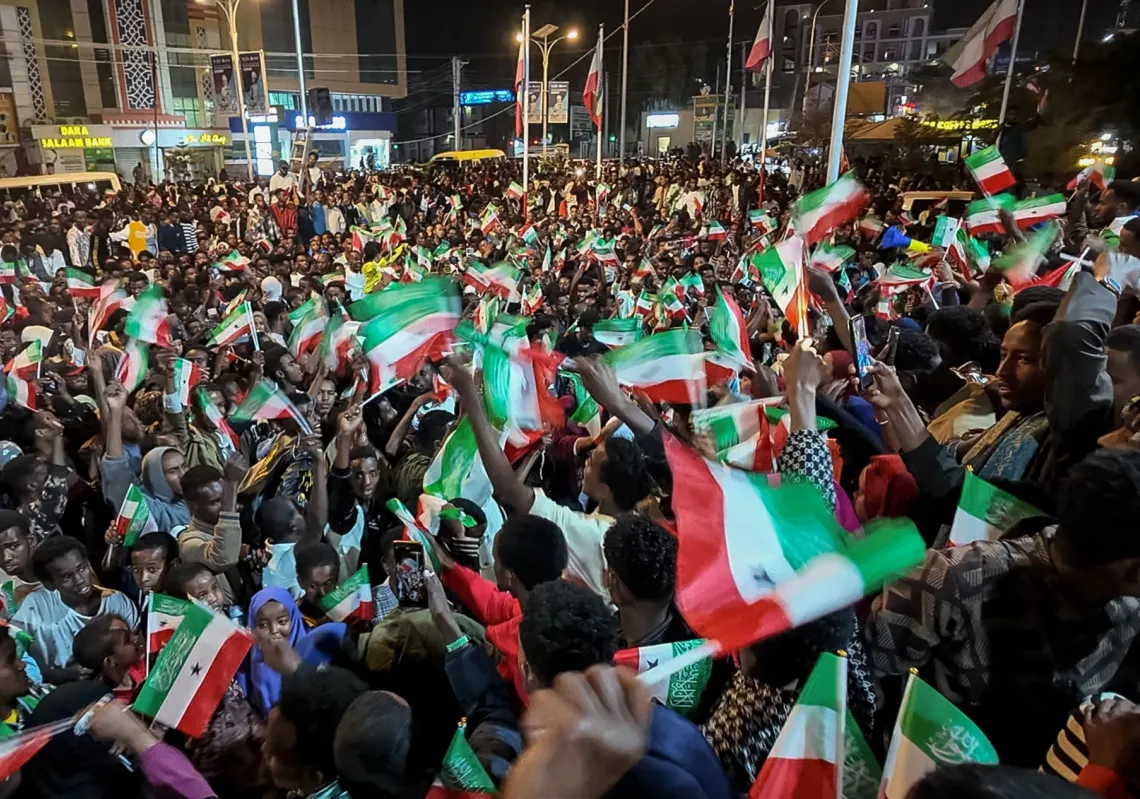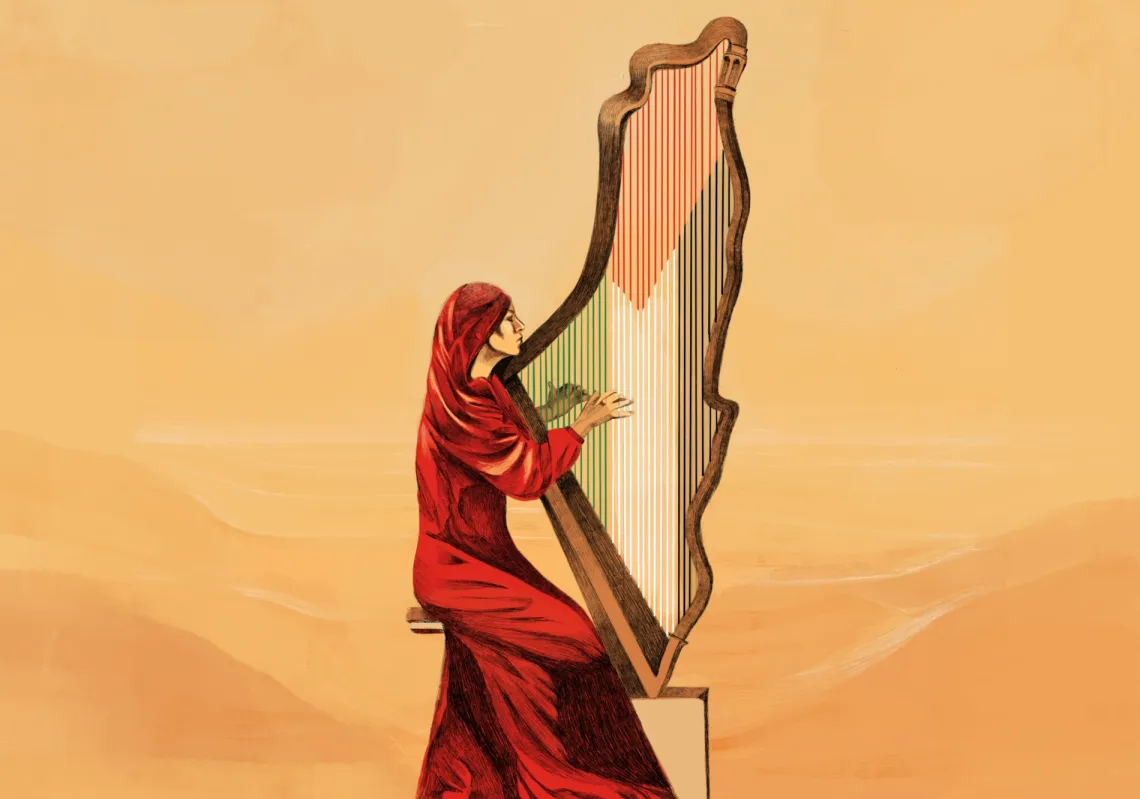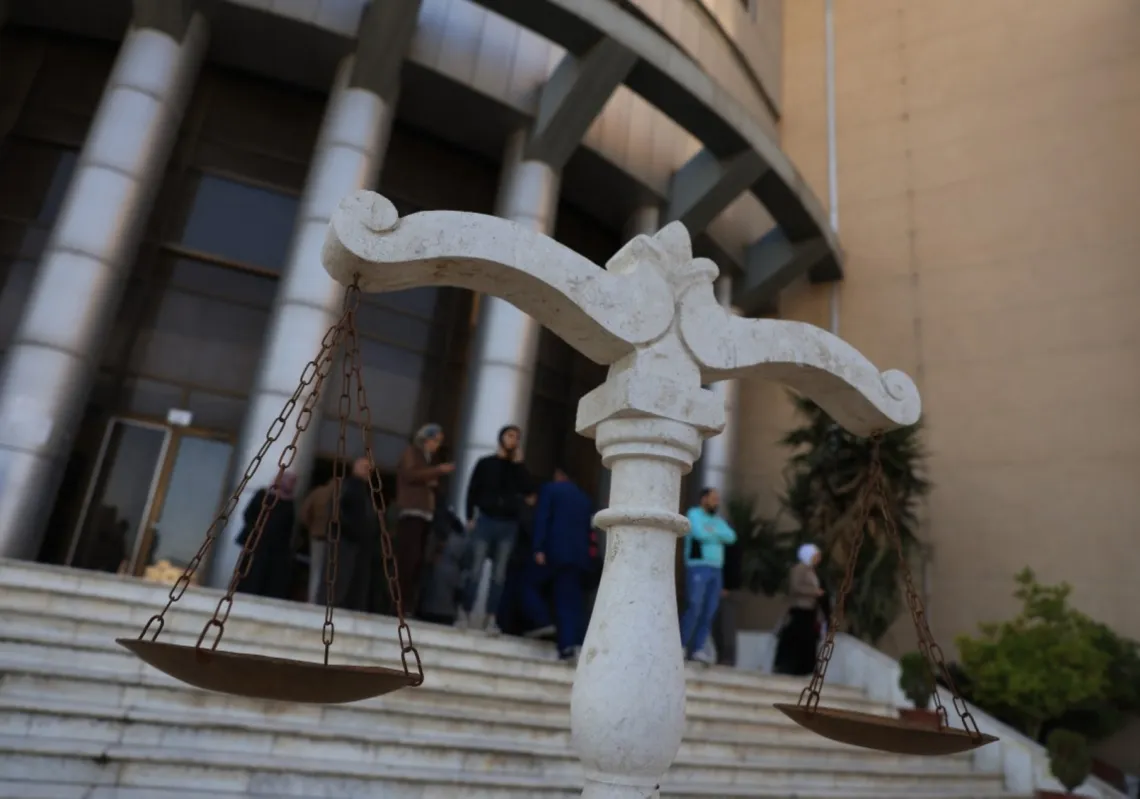Governments in developed countries gain their legitimacy through their respect of the free will of the people, their commitment to the constitution and their compliance with the rulings of the judiciary. In Egypt, however, there are so many gaps, and so many flaws surrounding these practices that the legitimacy of the government is regularly compromised. The regime in Egypt is based on tyranny, oppression, and autocracy. Its jurisdiction and powers are unlimited. There are legislative, judicial and executive institutions. Yet, the executive institutions dominate both the legislative and judicial ones.
The regime claims to have exercised democracy in a way that has never happened before in the history of Egypt. But everybody agrees that it is a nominal democracy. Real political pluralism does not exist, there is no rotation of power (it is not even allowed), and the forging of the will of the nation is going underway through referenda and parliamentary elections.
There are 24 political parties in Egypt, but they are no more than parties on paper which nobody knows anything about: no names, no addresses, and no programs. Even known parties, such as El-Wafd, El-Araby, El-Nasry and El-Tagammou (unionist) Party, have no influence and no presence in the Egyptian political life. This may be due to the constraints the regime places on them, preventing them from communicating with the public. Also, these parties do not represent a real opposition to the regime, and they are happy and content with the "crumbs" it throws to them. In addition, they suffer from continuous internal problems, and the lack of charismatic leaders. Their programs do not match the expectations and aspirations of the people.
The ruling party refuses, through the Committee on the Affairs of Parties, to grant a "legal" permission for establishing a political party to any organization it considers a potential competitor, or to any party that is expected to make a real presence on the political arena. We have seen parties – still under establishment – that have failed, over a period of 13 years, to obtain such permission. They are still trying hard to obtain it, but it is unlikely that they will be able to under the current circumstances. It is known that whenever the regime feels there is a party that has begun to unify its ranks, it does not leave it until it is ruined and has destroyed it from within by applying a stick-and-carrot policy. Thus, the regime has succeeded in completely eliminating party-political life.
The ruling party has been in power for nearly three decades. No rotation of power has materialized during this period. And, there is no hope in the foreseeable future that it will surrender its power under any circumstances.
Article 76 of the constitution: The amendment of the wording of Article 76 of the constitution on the selection of the republic's president is more like a tragedy, which is bequeathal of the regime. This is rejected by the Egyptian public as well as the Egyptian elite. This amendment came as an erratic step that was described by one scholar of constitutional law as a "constitutional sin". The same article suffered another alteration during the constitutional amendment of 34 articles in mid-2007. These amendments made candidacy for this high office nearly limited to the son of the president, which is known as regime inheritance.
The Muslim Brotherhood group rejected this inheritance altogether as it defames the reputation and dignity of Egypt. While many states advance towards democracy, we find that the regime in Egypt wants to drive us back more than half a century.
In addition, the heir to the regime, who is Secretary of the Policies' Committee and Assistant Secretary of the ruling party, will implement an array of exceptional procedures and eccentric measures. He will also maintain the suppression of freedoms, parliamentary electoral fraud, false accusations directed at the opposition, in particular towards the Muslim Brotherhood.
His measures will also include forming military courts to prosecute the leadership and cadres of the movement.
Moreover, we also have the marriage of wealth and power which will reflect negatively on the political, economic and social scene. The middle class has eroded completely and society became composed of few "superior" elites who possess money and power, while the suppressed categories represent the majority of the Egyptian people who do not possess anything.
This divide has led to the emergence of hundreds, even thousands of protest movements during the past two years. And, of course, problems are likely to escalate if the succession to the regime takes place. The Egyptian society now suffers from discontent and even turmoil.
It is sufficient to look at the faces of the Egyptian people in public transportation, on the roads, in meetings and forums. You will notice immediately a sense of despair and frustration.
Egypt is now facing a blocked political horizon, which resulted in a state of scientific, technological and civilizational backwardness.
Moreover, there is general failure in addressing the problems of daily life from which the Egyptian public suffers, such as the bread crisis, unemployment, skyrocketing prices, low wages, plus the problems of education, health, environmental pollution, housing, and transportation etc.
In addition, Egypt suffers the marginalization of its pivotal strategic role at the regional and international levels.
In fact, these crises are the symptoms of a power crisis, manifested in the form of tyranny and corruption. Therefore, we believe that political reform is the realistic approach to amend these issues. Because the ruling regime in Egypt does not have An earnest desire for reform, and because the political, economic and social conditions in the country have deteriorated, no single political faction, regardless of its size or weight, can promote reform on its own. Thus, the situation requires unifying all efforts and the cooperation of all forces.
Professor Mohamed Al-Sayed Habib
- First deputy of the Muslim Brotherhood's Spiritual Leader








